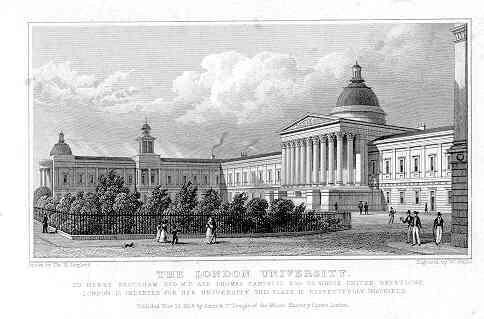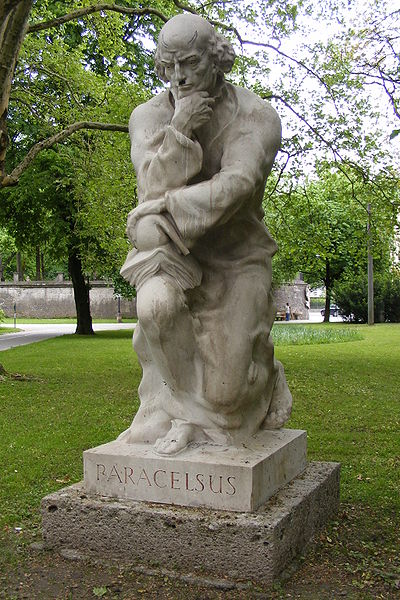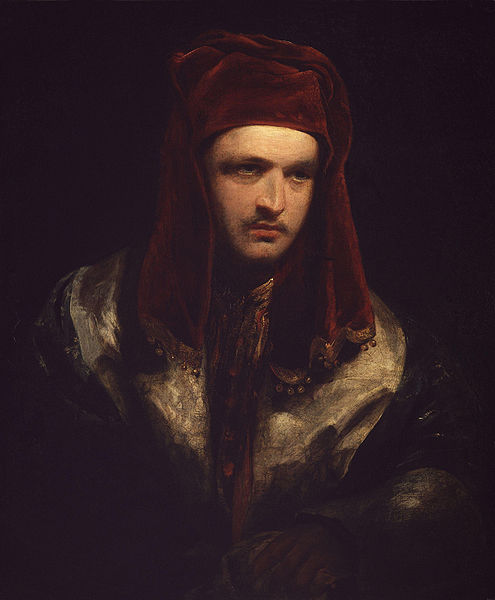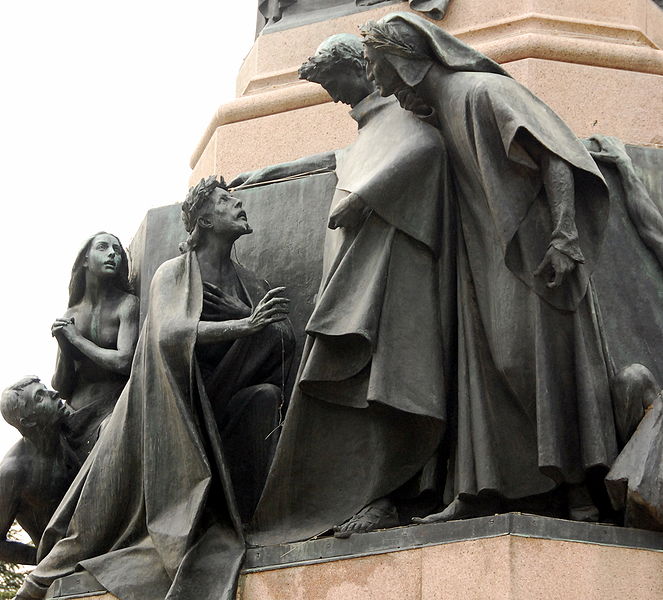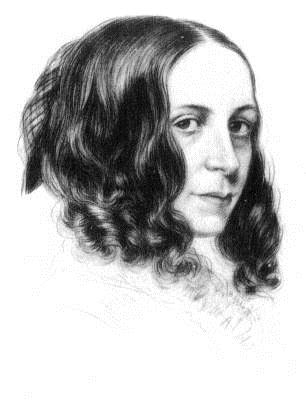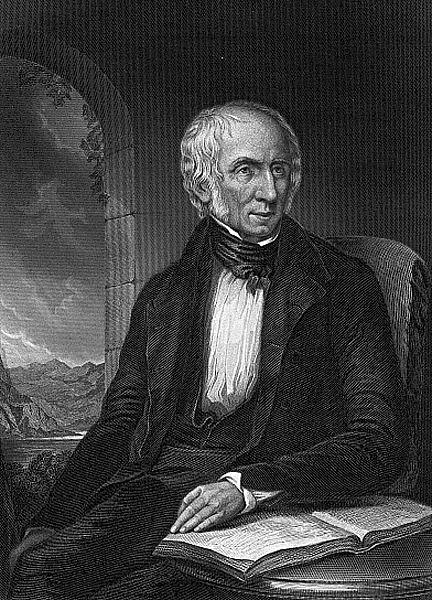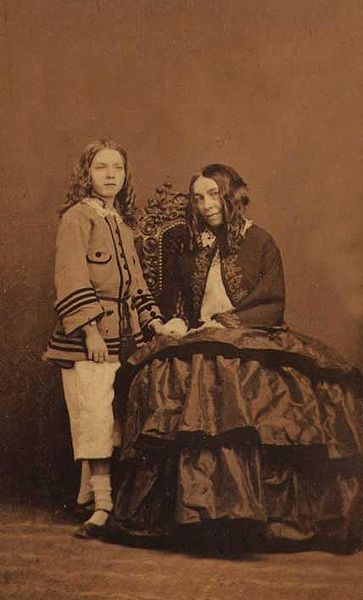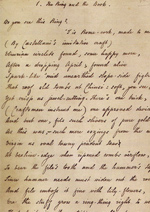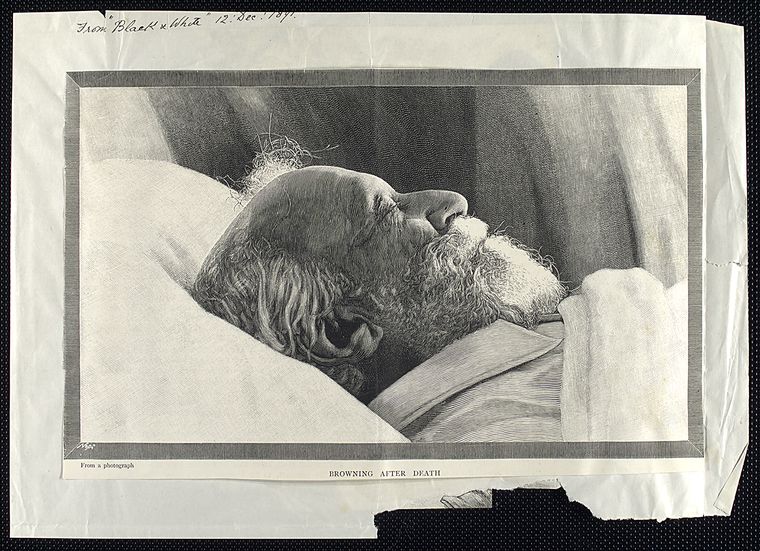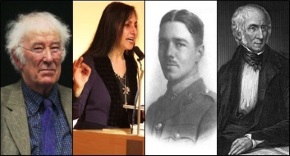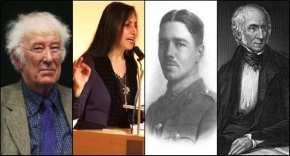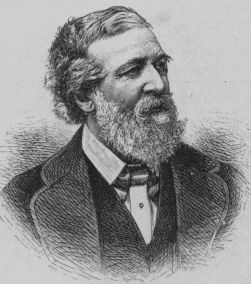
Browning, Robert
Browning a poem by Usha Kishore
His dramatic monologues eulogising homicidal
psychopaths, who strangle innocent young women
with their own blonde hair and then prize open their
still blue eyes; his tyrant aristocrats, who smother
their wives’ smiles with contract killers and flaunt
exquisite designer portraits of their angelic victims.
His sensual ascetics, who order elaborate tombs,
encrusted with lapis lazuli, sculptured with libidinous
Pan twitching some bewildered nymph’s garments;
his amorous monks, who paint Christ crowning the
Madonna, drink Chianti wine and chase after sportive
ladies in untimely hours, singing bawdy stornelli;
his Renaissance painters senza errori, unrequited in
love, lost and forlorn. Zooks! There’s the grey beginning!
His weird pipers who combat demon rats and
monstrous broods of vampyre bats and then take
off with unsuspecting children; his voyeuristic
women, who poison their love rivals with lozenges
in gold oozings and exquisite blue and carry pure
death in earrings and signet rings. His apologetic
oratory, his morbid preoccupation with criminals,
his sublime ridicule, his grotesque imagery, his
tour de force dialectics. What wonder and wild desire!
What success in failure! Iste perfecit opus!
His bells and pomegranates, his dramatic idylls,
his rings and books, his men and women,
his Victorian obsession with radical women’s
rights, his republican stance, his anti-Catholic
sentiment, his anti-war politics, his atheistic
vegetarian lassitude that dithered here and there,
his decapitated Italian vignettes, his dealings with
the Barretts of Wimpole Street, his escapades with
the incarnation of das Ewig weibliche cascading
in sonnets, his lyrical verse in equestrian motion –
How they brought the good news from Ghent to Aix!
His soul’s tragedy, his grammarian’s funeral, his bishop’s
apology, his theistic paradoxes, his barbaric reflections
on barbaric gods and that insane Childe who embarks
on an empty adventure, that runs like a horror movie
to a hellish dark tower in some phantasmagoric,
barren, doomsday landscape filled with hoary cripples
serpent rivers, dragon birds, wretched horses from
the devil’s own stud and Last Judgement’s fire.
And yet God has not said a word! Prophet-poet!
God’s own transcendental spy!
His convoluted and obscure psychological rants of
some 13th century troubadour, that confound every
student and teacher of Literature; his questioning of
public faces, his black humour, his tongue in cheek
parlance, his non-conformist optimism, his sardonic
soliloquies on life, his exuberant panache, his extended
metaphors, his parleyings with people beyond the grave,
his determinedly persistent haunting of my English classes.
God’s certainly in his Heaven and all’s right with the world!
Senza errori – without errors (faultless). Andrea del Sarto – the faultless painter.
Iste perfecit opus – this one completed the work, quote from Fra Lippo Lippi
Stornelli – Italian street songs
das Ewig weibliche – ‘the eternal feminine’ – (originally from Goethe’s Faust). Here, the reference is to Elizabeth Barrett Browning.
(Acknowledging the Robert Browning critiques of William Lyon Phelps and John Lucas)
My eponymous poem Browning is inspired by the poetic works of Robert Browning. It lists the poet’s works such as his Dramatic Monologues, Dramatic Lyrics and individual poems based on the Italian renaissance such as Andrea del Sarto (the faultless painter), Bishop orders his tomb at St. Praxed’s Church, Fra Lippo Lippi and The Laboratory. His interest in criminal psychology is highlighted by mentioning My Last Duchess and Porphyria’s Lover.
My poem critiques Browning’s poetry and reflects in a humorous but scholarly style, listing his techniques, black humour, sardonic quips, his love of paradox and his unconventional optimism. I have quoted from Fra Lippo Lippi, Pippa’s Passes and The Ring and the Book. I have also explored the writer’s philosophy and tenets, viz: his Anti-Catholic sentiment, Republican stance, his sympathies for women’s rights and unknown facts such as his onetime vegetarianism and atheism. I have also referred to some of the negative criticism that the poet has received. I have elaborated on his relationship with his wife Elizabeth Barrett Browning (EBB), which is portrayed in the Rudolf Besier play (1930) and subsequent films in 1934 and 1957. In 1982, BBC produced a TV series, The Barretts of Wimpole Street. In my poem, I have called EBB, the eternal feminine (das Ewigweibliche) after the critic William Lyon Phelps and highlighted her Sonnets from the Portuguese, which proclaim her undying love and devotion for him.
I have alluded to poems through critiques, for instance, to Caliban on Setebos (“barbaric reflections on barbaric gods”) and to the theistic paradoxes in his anti-Catholic poems. My poem also muses on the poems Childe Roland to the Dark Tower Came and Sordello, in a stereotypical manner, deliberately not mentioning the allegorical elements. It is to be noted that this has been done in a tongue in cheek manner and not in any way condemning the poems. I can assure you that this poem is written by a true Browning enthusiast.
Browning is the foremost of Victorian poets and an enigma; to understand him, one has to delve into his personal life, the Victorian era and the poet’s political and literary stance. Browning’ s poetry is not easily accessible, but once the content and the context is understood, the poems certainly provide food for thought for the discerning reader and elicit thought provoking responses from students. The Browning bug, once contracted dies hard and becomes a lifelong addiction. Browning’s works include:
• Pauline• Paracelus• Sordello• Bells and Pomegranates• Men and Women• Dramatic Lyrics• Dramatis Personae• The Ring and the Book• Dramatic Idylls.


